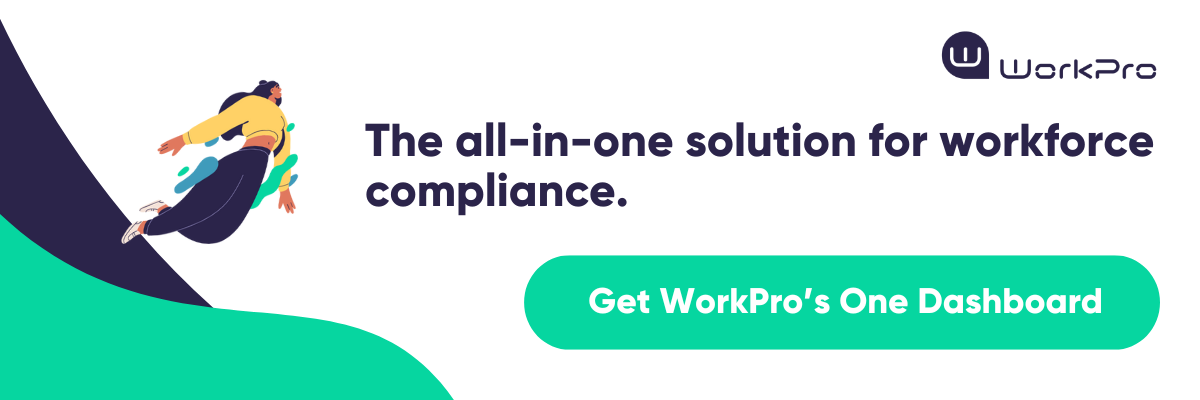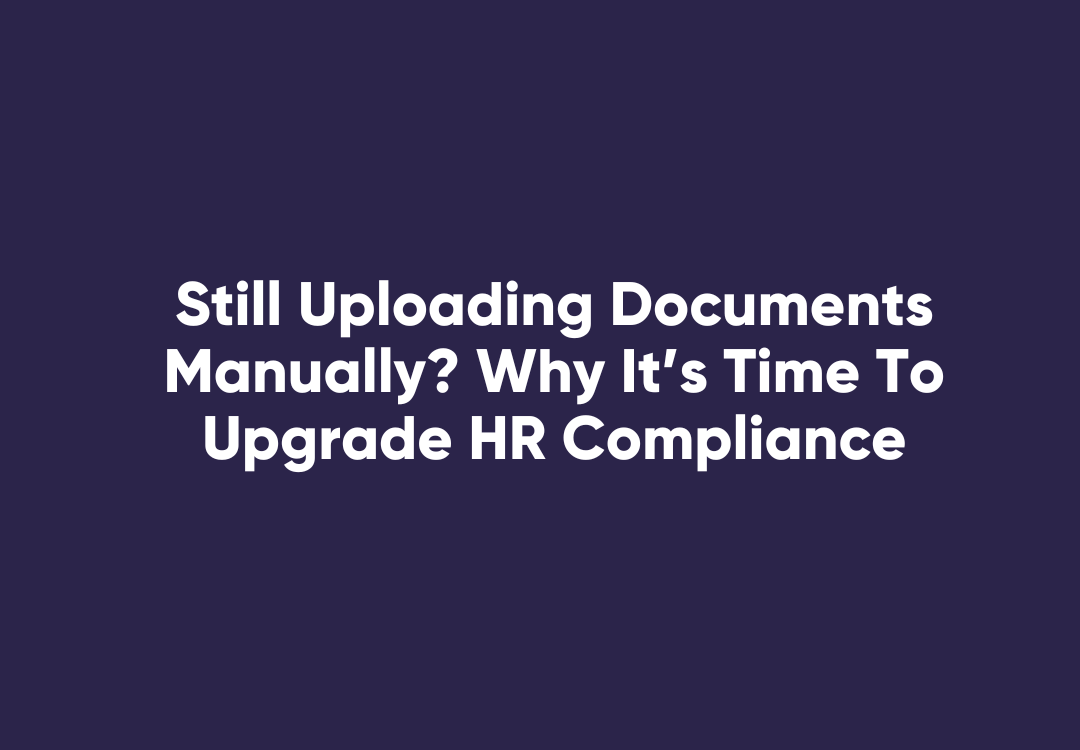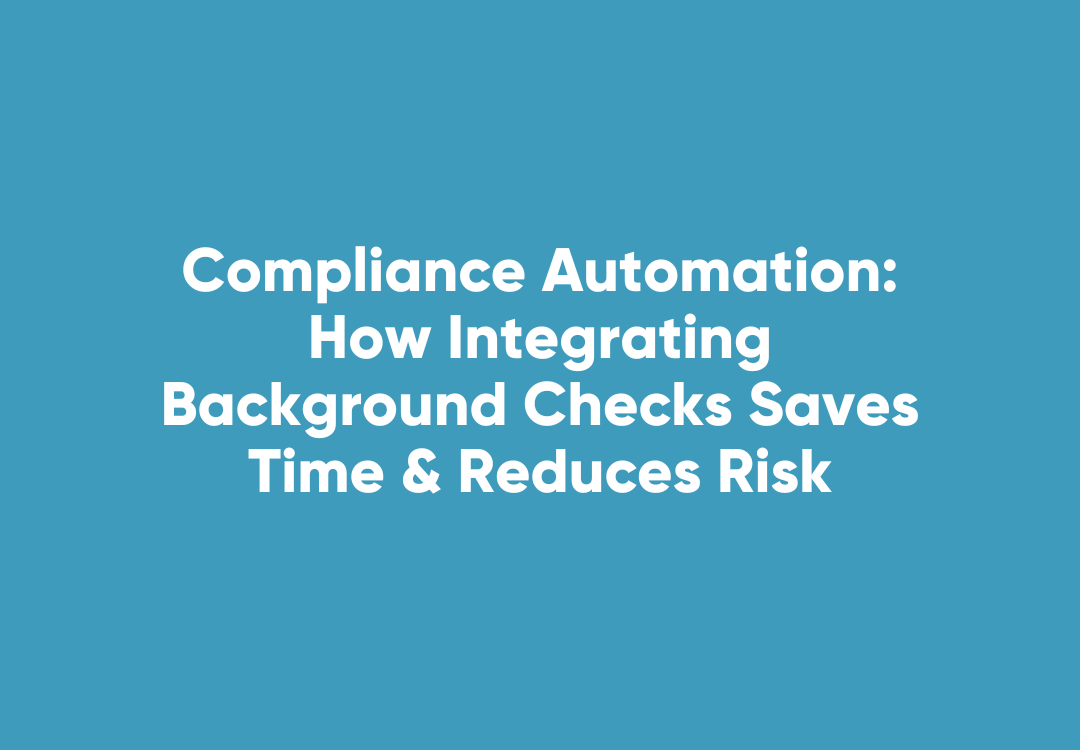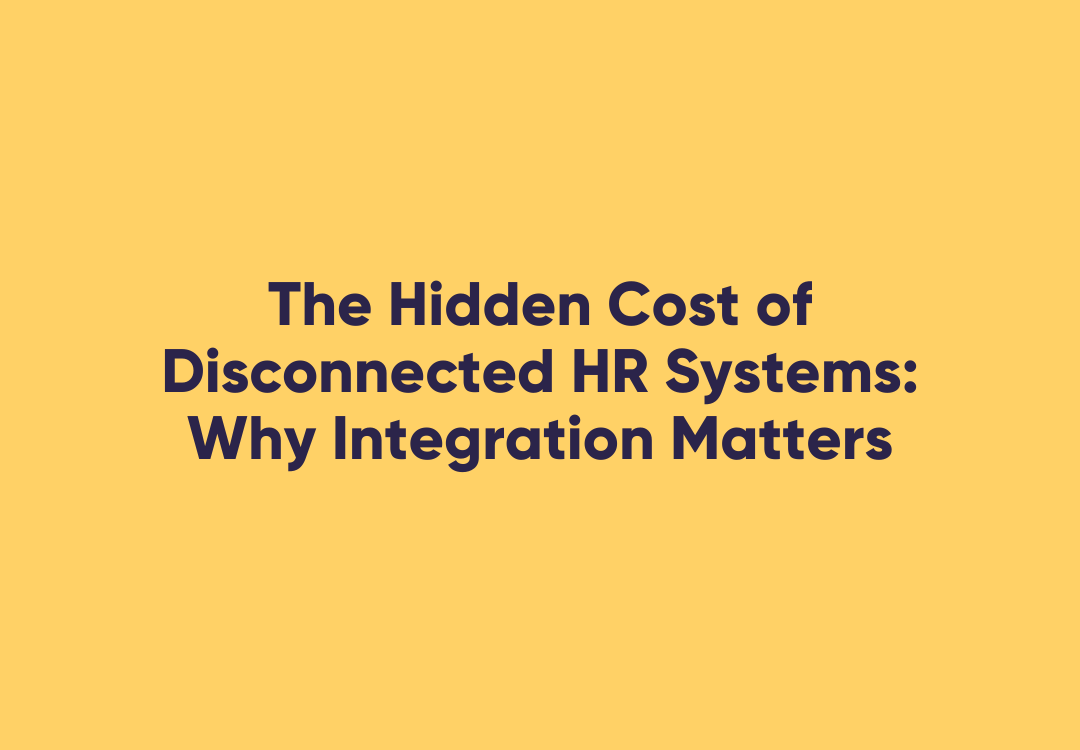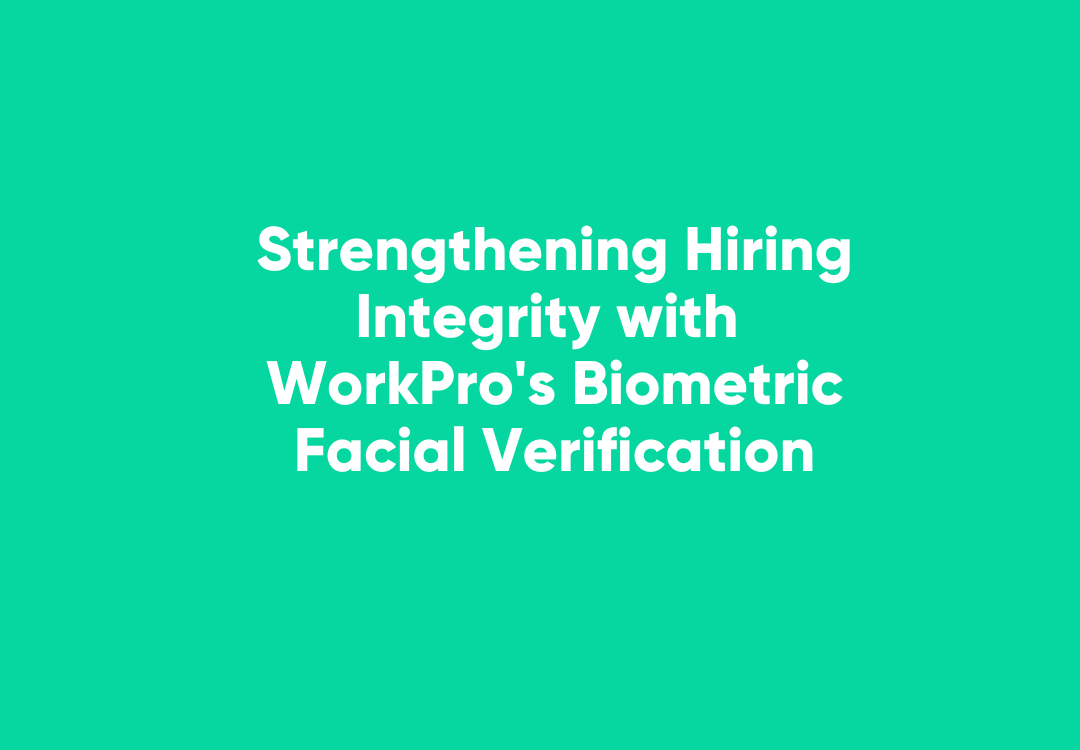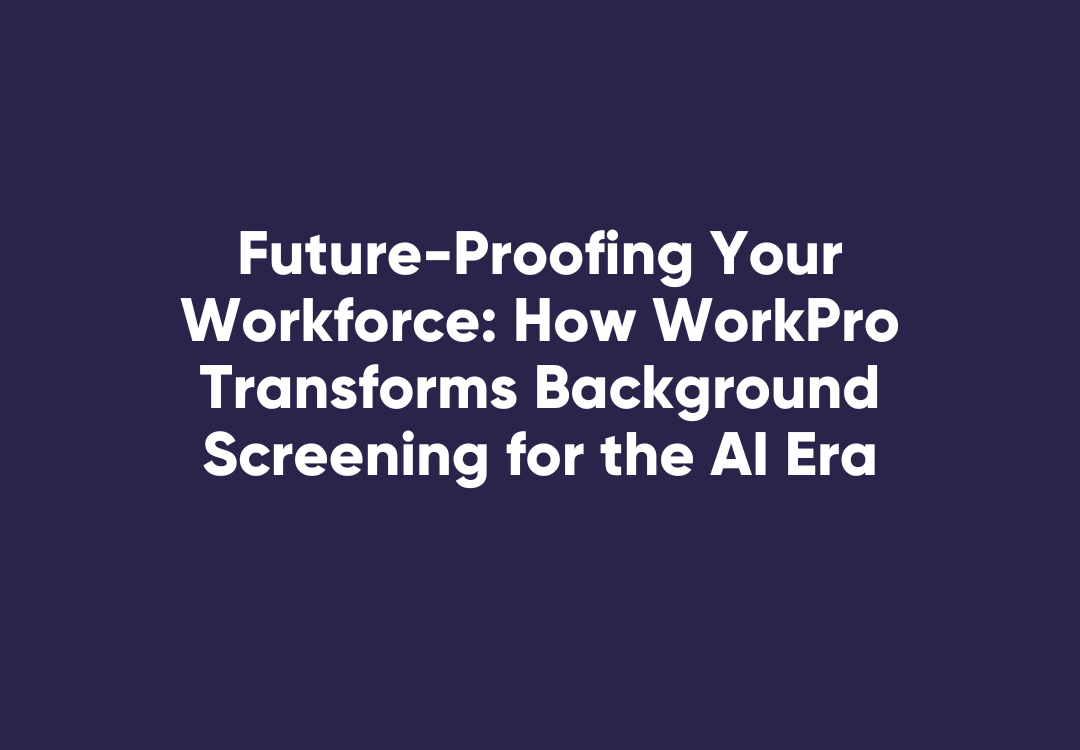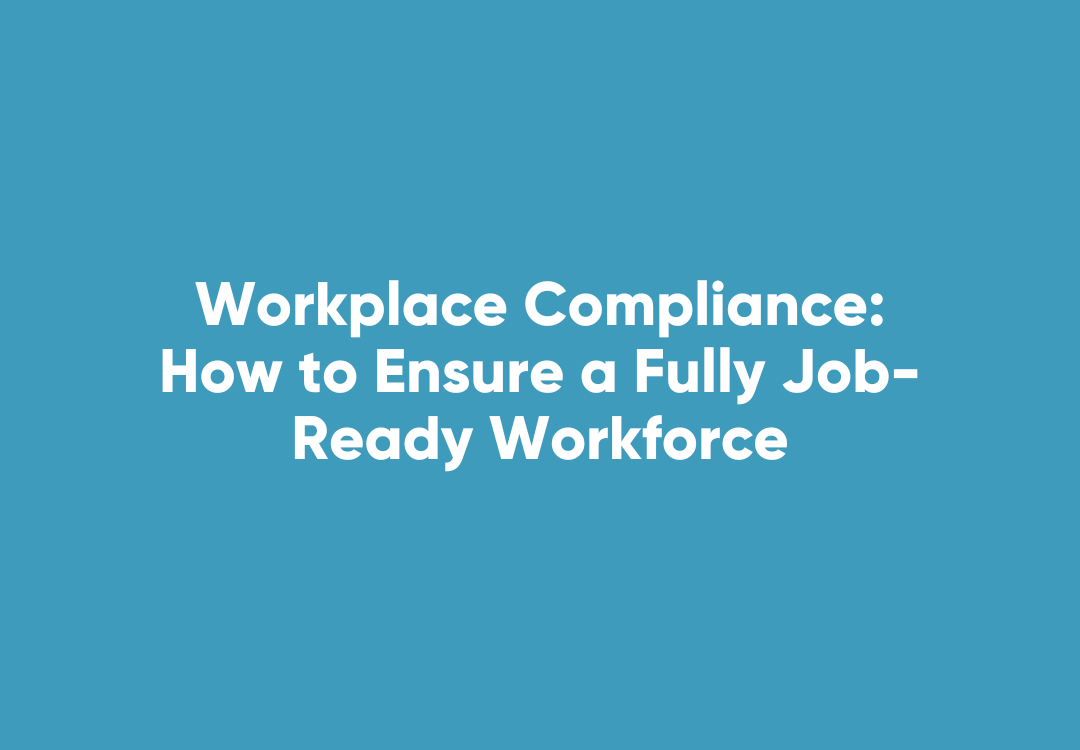The Increasing Importance of Cybersecurity in HR and Recruitment Tech
The Increasing Importance of Cybersecurity in HR and Recruitment Tech
The growing adoption of HR technology has revolutionised the way businesses manage their workforce, with tools like applicant tracking systems, background checking solutions, onboarding platforms, and performance management software becoming the norm. However, as these technologies enhance efficiency, they also introduce new cybersecurity risks. Without robust security measures, these tools can become gateways for cyber threats, exposing sensitive employee data to potential breaches.
As the backbone and lifeblood of organisations, HR departments and recruitment teams handle vast amounts of sensitive employee data, making them prime targets for cybercriminals. From identification documents to bank details and home addresses, the information managed by HR is highly valuable, and protection and management of candidate, client and employee data are critical.
The shift to remote work during the pandemic has further complicated cybersecurity for HR departments. Employees working from home often rely on personal devices and less secure networks, increasing the vulnerability of corporate data. This shift has made it imperative for organisations to implement strong remote access protocols and ensure that all employees receive adequate cybersecurity training to protect against potential threats.
In addition to technological challenges, HR departments must also navigate a complex web of regulatory requirements. Privacy regulations impose stringent guidelines on the collection and use of employee data. Non-compliance can result in severe penalties, making it essential for HR and IT departments to work together to ensure that all data handling processes meet regulatory standards.
Beyond technology and compliance, HR plays a pivotal role in cultivating a strong security culture within an organisation. From onboarding to ongoing training, HR is responsible for ensuring that employees understand the importance of cybersecurity and adhere to company policies. A security-aware workforce serves as the first line of defence against cyber threats, reinforcing the organisation’s overall security posture.
Cybersecurity at the Forefront: Shape Noosa Conference
These issues will be front and centre at the RCSA Shape Conference, where cybersecurity will be a key topic of discussion. Tony Barnes, an internationally recognised technology strategy and cybersecurity advisor, will lead a session titled Strengthening SME Cyber Security: Practical Strategies & Certification, sharing insights into the cybersecurity challenges facing recruitment agencies. Importantly though, he will share practical solutions for improving data governance.
Ahead of the conference, Barnes noted that recruiters often handle candidate information and liaise with clients via insecure platforms like email, making them vulnerable to cyber-attacks.
The financial impact is substantial, with the average cost per incident ranging from $46,000 for small businesses to $97,200 for medium-sized companies. Barnes also note the proposed amendments to the Privacy Act will introduce additional requirements and risks for recruitment companies to be aware and enforce robust frameworks.
How HR and Recruitment Companies Can Protect Data
To effectively secure candidate, client, and employee data, HR and recruitment companies should adopt comprehensive data protection strategies:
- Develop a Data Protection Policy
Create clear, actionable guidelines for collecting, storing, accessing, retaining, and disposing of personal data. This policy should include both physical and digital security measures, employee training programs, and an incident response plan. - Limit Data Collection
Only gather data that is necessary for the recruitment process. Avoid requesting excessive or sensitive information unless absolutely required. Regularly review and anonymise or delete data for candidates who are no longer in the recruitment pipeline. - Use Secure Recruitment and HR Management Platforms
Opt for recruitment software that offers robust security features, such as encryption, access control, and automatic backups. Be wary of free AI tools that may have unclear compliance standards. - Train Employees on Data Protection
Regular training on best practices for data handling, the use of recruitment software, secure communication with candidates, and response to security incidents is critical. Ensure all employees sign confidentiality agreements as part of this process. - Monitor and Audit Data Access
Implement strict controls over who has access to sensitive data. Conduct regular security audits to review access permissions and ensure there’s a process in place for revoking access when employees leave or change roles. - Obtain Consent and Be Transparent
Be clear and transparent with candidates and employees about how their data is collected, used, and who has access to it. Always obtain explicit consent before processing data and make privacy policies easily accessible.
WorkPro’s Commitment to Cybersecurity
At WorkPro, the protection of sensitive data is at the forefront of our operations. We are proud to have achieved accreditation to the latest security standard, ISO 27001:2022, which underscores our dedication to a rigorous and comprehensive security framework. This accreditation validates our meticulous approach to how we collect, handle, store, archive, and ultimately destroy data, ensuring that every stage of the data lifecycle is managed with the highest level of security.
Additionally, we conduct regular security penetration testing as part of our commitment to proactive cybersecurity. This testing simulates potential cyber-attacks to identify and address vulnerabilities within our systems before they can be exploited. By doing so, we ensure that our defences are robust and capable of withstanding evolving threats, further protecting our users from potential breaches.
As part of our continued innovation, we are in the process of developing an 'Identity Vault,' a secure and dynamic storage solution for candidate identity documents within their digital profiles. This vault will offer top-tier security and encryption, allowing users to safely store and easily access their documents across our platform.




